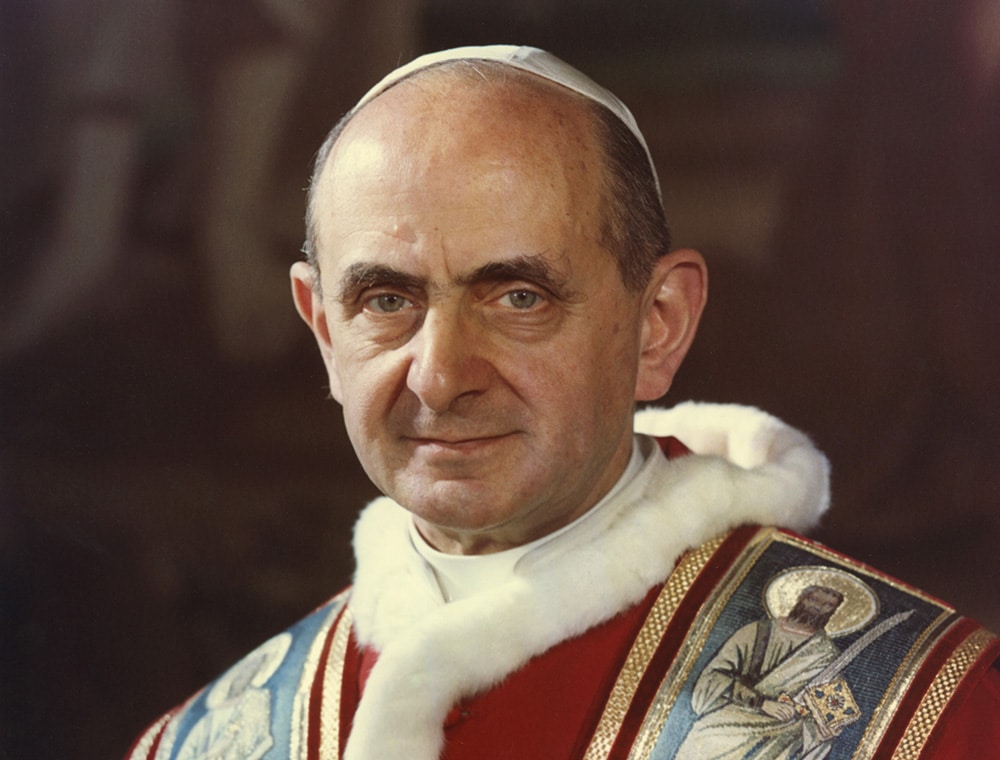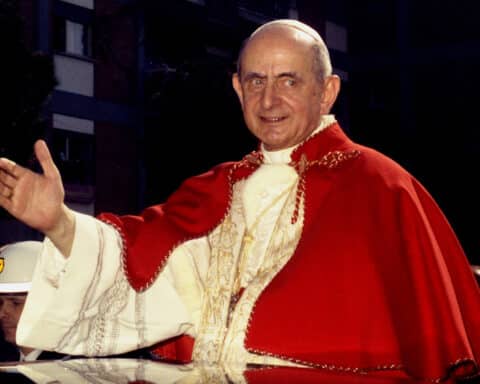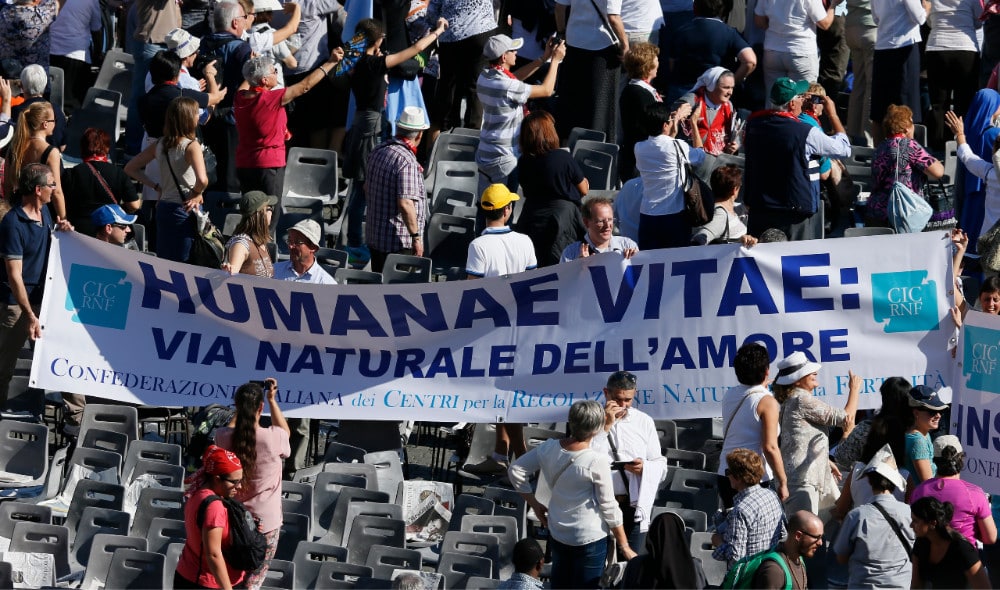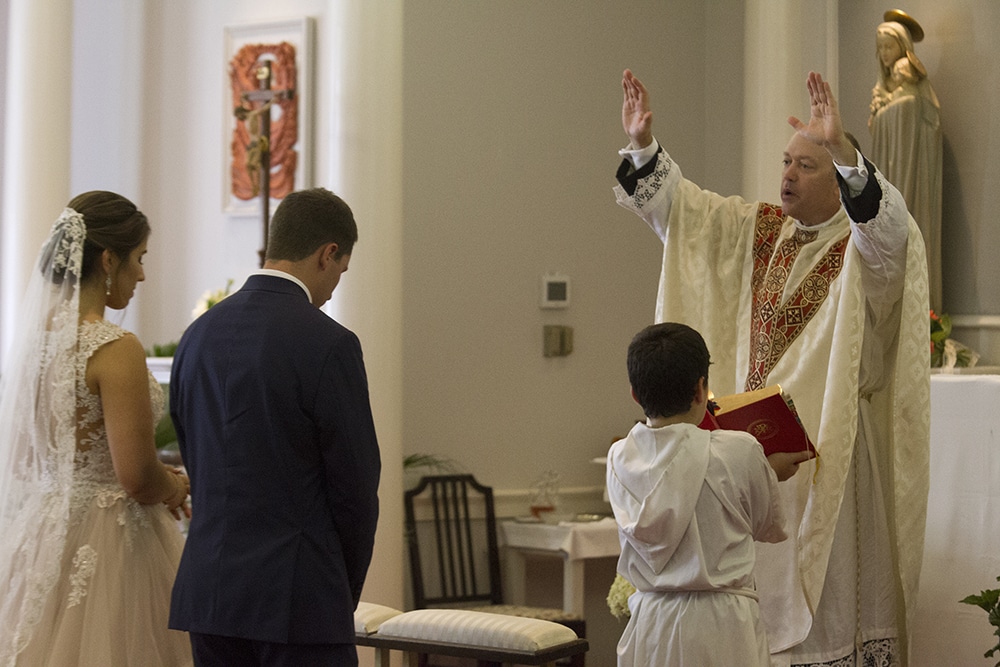
“Responsible men can become more deeply convinced of the truth of the doctrine laid down by the Church on this issue if they reflect on the consequences of methods and plans for artificial birth control. Let them first consider how easily this course of action could open wide the way for marital infidelity and a general lowering of moral standards. Not much experience is needed to be fully aware of human weakness and to understand that human beings — and especially the young, who are so exposed to temptation — need incentives to keep the moral law. … Another effect that gives cause for alarm is that a man who grows accustomed to the use of contraceptive methods may forget the reverence due to a woman, and, disregarding her physical and emotional equilibrium, reduce her to being a mere instrument for the satisfaction of his own desires, no longer considering her as his partner whom he should surround with care and affection” (No. 17).
Paul VI goes on to talk about the dangers inherent in the government becoming a part of this mess, favoring and imposing things it would seem there is no sensible objection to, if practice and flouting of natural and moral law is any indication.
And so it is on every front.
As Philadelphia Archbishop Charles J. Chaput, OFM Cap., put it: “The Church in Humanae Vitae identified and rejected sexual exploitation of women years before that message entered the cultural mainstream.”
Mary Eberstadt, who spoke at the Catholic University conference, points to one of Pope Francis’ recurring themes: that “human realities trump scholarly abstractions.” He cautions against “rigidity” and “empty rhetoric” and getting “stuck in pure ideas.” He also talks about the Church as a field hospital for the wounded.
Is there any front where there are more wounded than matters of family life? As the pope once lamented during one of those infamous plane interviews: While commentators talk about divorce and remarriage, the even greater concern may be that people aren’t getting married, even when they want to. There is widespread confusion and loneliness.
The most loving thing we can do is help with the rebuilding, as witnesses and mentors and supports. As Archbishop Chaput put it: “Our mission now, as always, is not to surrender to the world as it is, but to feed and ennoble the deepest yearnings of the world — and thereby to lead it to Jesus Christ, and his true freedom and joy.”
It’s worth noting that Pope Francis beatified Paul VI after the synod on the family in 2014 and likely will be canonizing him after the synod on youth this fall. We should ask for his intercession as we tend to wounds and help with healing.
The #MeToo movement has been one tremendous cry for help. Where are we as battalions of hope answering the pleas with 50 years of wisdom as one mega-credential? It’s a question every Catholic — individual, family, parish — should be asking. We are all a part of this Church and its mission, and the world needs this faithful Mother.





